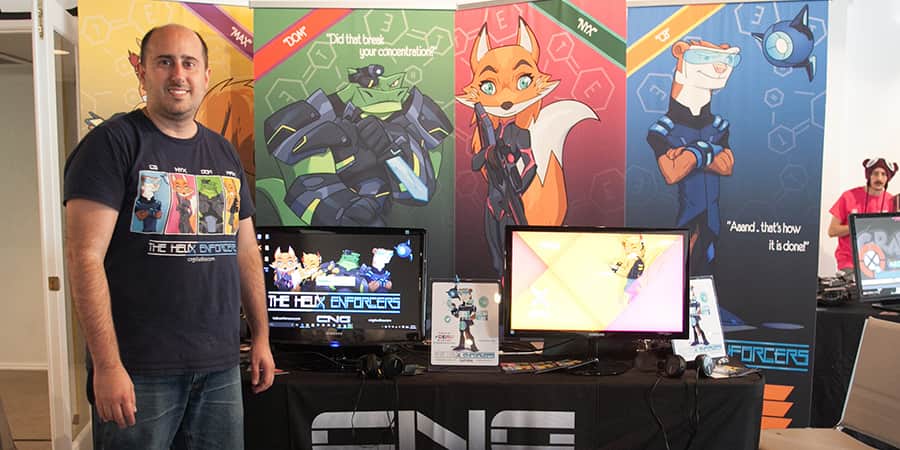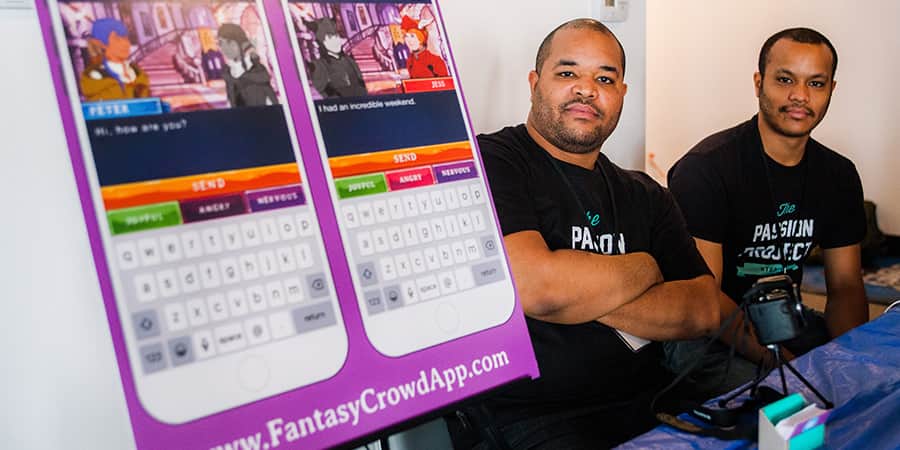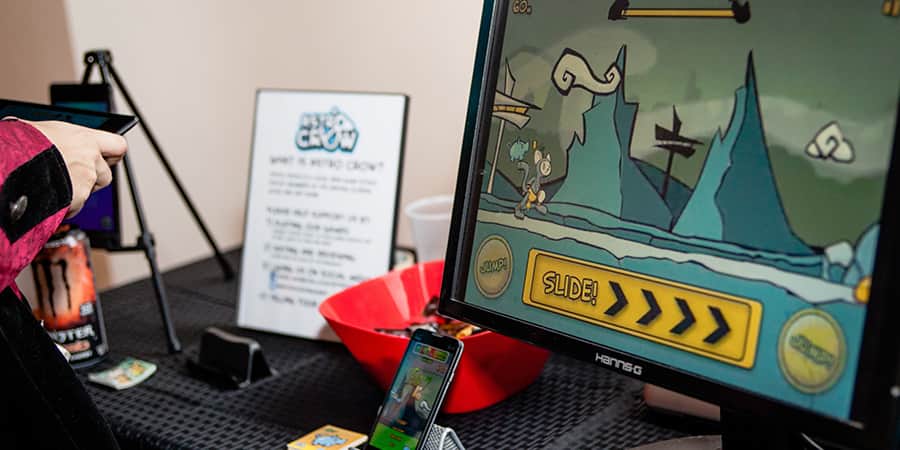There are a lot of benefits to embracing the positive aspects of gaming and it’s culture. We strive to be positive stewards toward those paths with our programs and events.
Many aspects of gaming align with STEAM principles, making it a valuable tool for fostering these sensibilities in children.
Technology and Engineering:

Mathematics:
Science:
Technology and Engineering:

Arts and Creativity:

Multi-disciplinary Collaboration:

Problem-Based Learning:
Critical Thinking and Analytical Skills:

Virtual Reality (VR) and Augmented Reality (AR):

Hands-on Learning:
Real-World Application:
Creativity and Imagination:
Stress Relief and Relaxation:

Problem-Solving Skills:
Technology Literacy:
Physical Activity:

Teamwork and Cooperation:
Goal Setting and Achievement:
Parental Involvement:
We do our best to be transparent. With each initiative, we are clear where the money will go. In general, 70% of the funds go towards programs.
Want to meet some other great gamers and nerds who want to Do Good? Let’s get you signed up!
A sizeable chunk of what we do is possible because of donations, fundraising campaigns…and our day-jobs ????.
Help fund our mission, and “THANK YOU” in advance from our pixel hearts. ????
Do you want your community and employees to know, that your company believe in the same values as them?
Let’s talk about a sponsorship relationship that works for you.